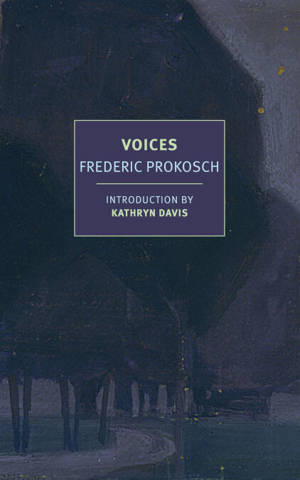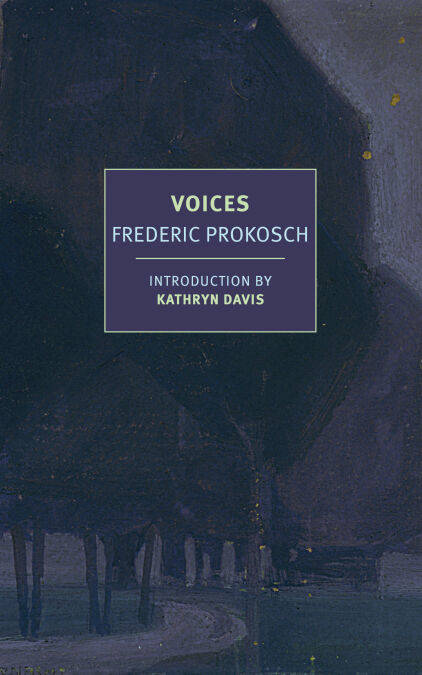
- Afhalen na 1 uur in een winkel met voorraad
- Gratis thuislevering in België vanaf € 30
- Ruim aanbod met 7 miljoen producten
- Afhalen na 1 uur in een winkel met voorraad
- Gratis thuislevering in België vanaf € 30
- Ruim aanbod met 7 miljoen producten
Zoeken
Omschrijving
James Joyce, Viriginia Woolf, Ernest Hemingway, and a multitude of other artistic titans are encountered and ventriloquized in this bitingly funny (and mostly fictitious) memoir by a nearly forgotten literary fantasist.
Frederic Prokosch was a fantasist. His first novel, The Asiatics, was a stylish account of a man hitchhiking across an Asia that was more dream than reality. Praised by T. S. Eliot, Thomas Mann, and W. B. Yeats, it was a tremendous success, never to be replicated in Prokosch's long career. In the 1940s, he moved to Europe, away from what he called the "middle-class and fancy dullness" of midcentury American letters, writing novels of a highly romantic kind, playing squash and tennis, collecting butterflies, and printing deluxe limited editions of poems he admired.
In 1982, Prokosch returned to the literary limelight with Voices—a self-proclaimed memoir framed by his childhood in Middle America and his old age in the South of France, made of short chapters about his encounters with famous figures, whose every word he seems to recall. Voices, too, is a work of fantasy. But if Prokosch's portraits are not strictly true to life, they come alive as few portraits do. Whether he is playing tennis with Ezra Pound or retrieving Marc Chagall's wallet from the Grand Canal, sharing a beer with Bertolt Brecht or a steam bath with W.H. Auden, Prokosch hypnotizes the reader with his ability to capture these artists' cadences and characters, creating a masterpiece of imaginative memoir.
Frederic Prokosch was a fantasist. His first novel, The Asiatics, was a stylish account of a man hitchhiking across an Asia that was more dream than reality. Praised by T. S. Eliot, Thomas Mann, and W. B. Yeats, it was a tremendous success, never to be replicated in Prokosch's long career. In the 1940s, he moved to Europe, away from what he called the "middle-class and fancy dullness" of midcentury American letters, writing novels of a highly romantic kind, playing squash and tennis, collecting butterflies, and printing deluxe limited editions of poems he admired.
In 1982, Prokosch returned to the literary limelight with Voices—a self-proclaimed memoir framed by his childhood in Middle America and his old age in the South of France, made of short chapters about his encounters with famous figures, whose every word he seems to recall. Voices, too, is a work of fantasy. But if Prokosch's portraits are not strictly true to life, they come alive as few portraits do. Whether he is playing tennis with Ezra Pound or retrieving Marc Chagall's wallet from the Grand Canal, sharing a beer with Bertolt Brecht or a steam bath with W.H. Auden, Prokosch hypnotizes the reader with his ability to capture these artists' cadences and characters, creating a masterpiece of imaginative memoir.
Specificaties
Betrokkenen
- Auteur(s):
- Uitgeverij:
Inhoud
- Aantal bladzijden:
- 360
- Taal:
- Engels
Eigenschappen
- Productcode (EAN):
- 9798896230137
- Verschijningsdatum:
- 9/03/2026
- Uitvoering:
- E-book
- Beveiligd met:
- Adobe DRM
- Formaat:
- ePub

Alleen bij Standaard Boekhandel
+ 19 punten op je klantenkaart van Standaard Boekhandel
Beoordelingen
We publiceren alleen reviews die voldoen aan de voorwaarden voor reviews. Bekijk onze voorwaarden voor reviews.







